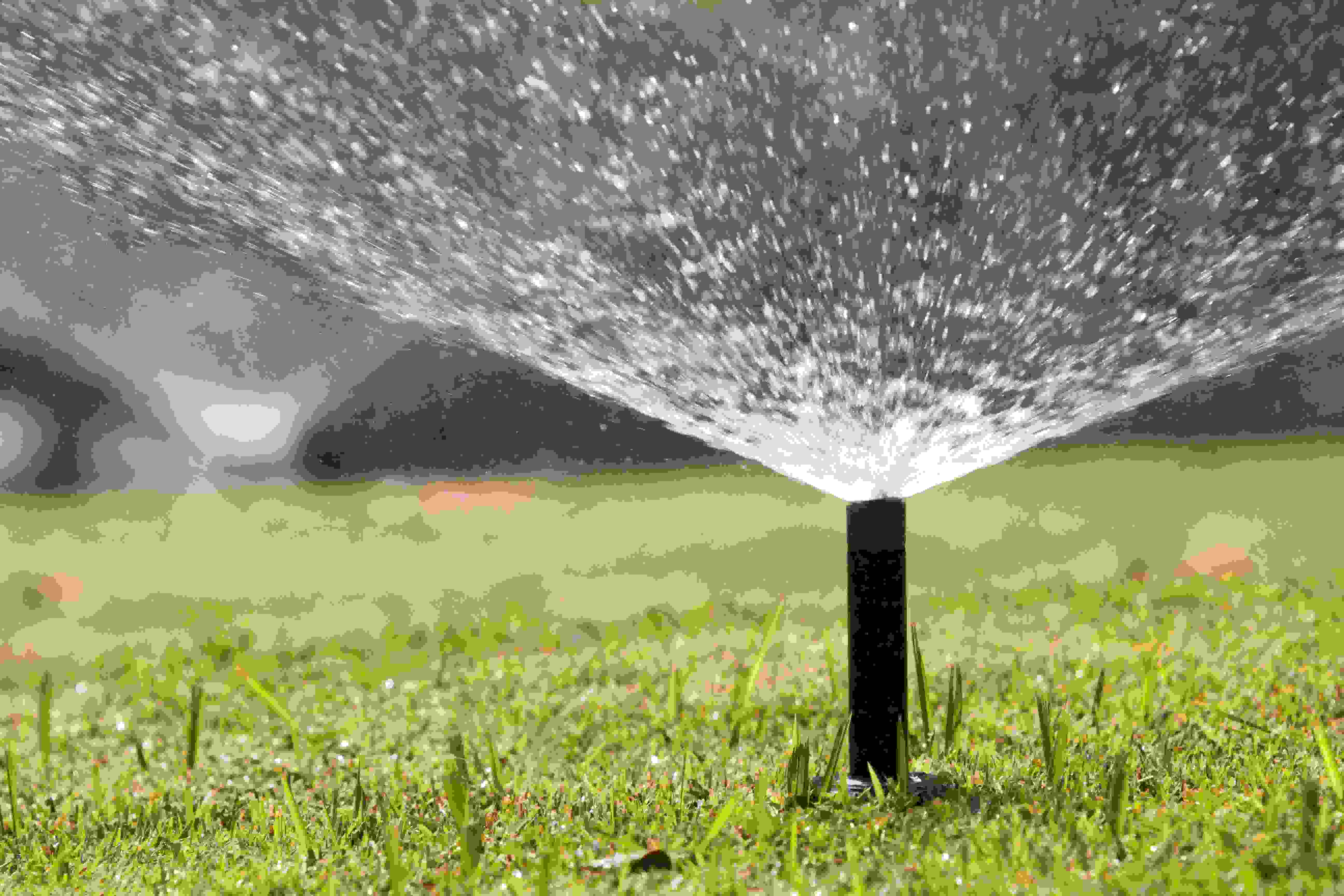What if an app on your phone could tell you how much water you are using when you take a shower or water your lawn and even calculate how much that water will cost? Would knowing that information change your water habits?
These questions and more are what a new Texas A&M AgriLife and Texas A&M Engineering project is hoping to answer, according to Dr. Kelly Brumbelow, associate professor in Texas A&M University’s Zachry Department of Civil Engineering and the project’s principal investigator.
“The project is investigating the best approaches for achieving household water conservation by using automated water meters,” Brumbelow said.
Automated meters are digital water meters that can wirelessly transmit household water usage information to the water provider.
“Working with meter manufacturers and three Texas cities — Georgetown, Round Rock and Arlington — that have installed automated meters in residential neighborhoods, we will determine the best ways to communicate daily, personalized meter information back to homeowners so they become more efficient in their household water use,” said Brumbelow, who is also a research engineer for Texas A&M Engineering Experiment Station.
The two-year project, Achieving Household Water-Use Efficiency Using Automated Metering Infrastructure, is one of several projects recently funded by money provided to Texas A&M AgriLife Research, Texas A&M AgriLife Extension Service and Texas A&M Engineering Experiment Station by the Texas Legislature. The legislature charged the agencies to address the critical nexus for water-use efficiency as part of addressing the future water needs of Texas.
Other investigators in the project are Dr. Kevin Wagner, associate director of the Texas Water Resources Institute; Dr. Scott Cummings, associate department head and associate professor of the Texas A&M Agricultural Leadership, Education and Communications Department; and Joel Andrus, AgriLife Extension associate with the institute.
“Household water-use efficiency is a crucial piece of the effort to achieve adequate water supplies in Texas’ future,” Wagner said. “The 2012 state water plan forecasts that municipal water demands (of which household use is the core) will have the fastest rate of growth among all demand categories and be greater than all other categories by 2060. The demands in the water plan cannot be achieved without the development of new technologies and programs for household water-use efficiency.”
The team expects to have several thousand homes participate in the project, and they will separate the homes into groups for testing based on location, lot size, demographics or other factors, Andrus said. Each participant will take a survey asking how they want to receive their information and what additional information they want, such as effects on the environment or cost of the water used. The team will analyze the information gathered during the project to determine the communication method that most increases conservation.
Brumbelow said the team will develop a website and mobile app that will automatically push notifications to consumers daily during the test period. “These notifications will provide a summary of water use for that consumer,” he said.
“We are hoping that by providing daily personalized feedback to homeowners on their water use, they can better understand how they use their water and, in turn, change their water conservation behaviors,” Brumbelow said. “We expect to see participants in the project reduce their water use by 5 to 20 percent. This level of water use reduction would constitute a significant fraction of municipal conservation goals in the state water plan.”
Andrus said the study may also help water utilities reduce infrastructure and energy costs.
“Encouraging household water users to use less water during peak demand periods would minimize energy use and reduce the need to spend on more infrastructure,” he said.
Wagner said an outreach and education program directed toward water utilities will teach them how to use the meter technology to reduce water consumption.


